
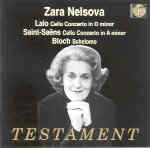
Canadian cellist Zara Nelsova (her parents were Russian emigres) was known in the 1950s as the “Queen of the Cello”. This disc of 1953 and

Mischa Elman’s style personified Russian Romanticism in its liberal rubato, arched phrasings, pronounced string portamento, and heart-on-sleeve sentiment. However, it was eclipsed when the violinist’s

This is an odd choice of repertoire to represent Adrian Boult in EMI’s new Great Artists of the Century Series. Throughout his later career, Boult’s
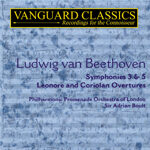
This is one of most un-heroic Eroica’s on disc. Adrian Boult’s tepid first movement, with its pedestrian pacing and mushy accents, conveys precious little of
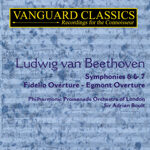
Adrian Boult’s reputation rests largely on his authoritative interpretations of British music, but the brilliance he displayed in Holst, Vaughan Williams, and Elgar is little
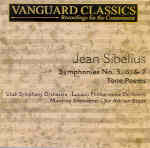
These performances of Sibelius’ last three symphonies are a mixed bag, yet they have undeniable attractions. Maurice Abravanel manages a very satisfyingly heroic coda to
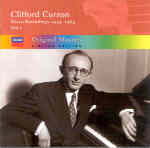
The first of what promises to be several boxed sets encompassing Clifford Curzon’s Decca recordings mixes familiar fare, rarities, and two previously unreleased Mozart concertos
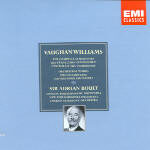
Adrian Boult was closely associated with Ralph Vaughan Williams’ music, recording most of his major works, including Job four times and the complete symphonies twice.

These famous old performances have been remastered to generally good effect, offering marginally greater clarity and depth and firmer bass, even if the differences aren’t

Adrian Boult’s first recording of “A London Symphony” presents a brasher and edgier view of the music than his EMI remake from 15 years later.
![]()
